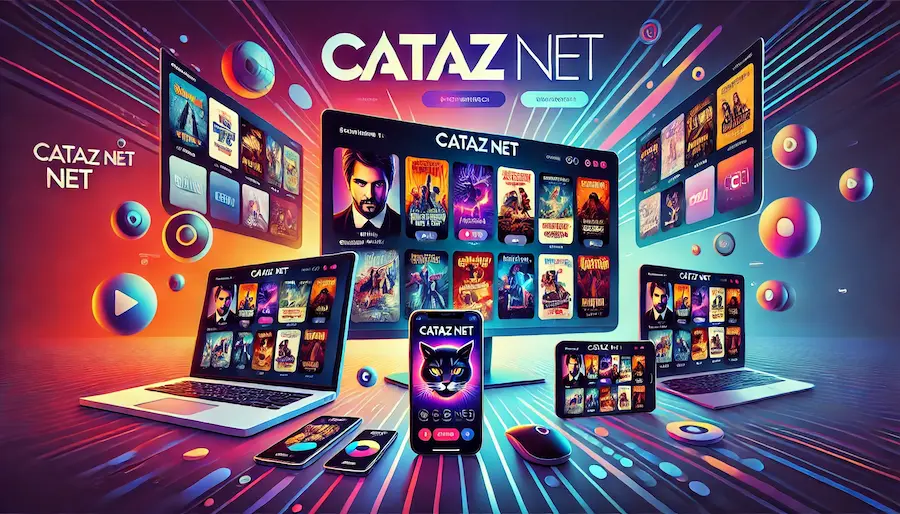Key Takeaways:
- Work anniversary gifts play a crucial role in reinforcing employee engagement and loyalty.
- Strategically chosen gifts can enhance company culture and create a positive workplace environment.
- Recognition of work anniversaries can lead to increased employee productivity and retention.
- Personalization of gifts allows for a meaningful connection between the employer and employees.
- Balancing uniqueness with practicality in gift selection can maximize the impact of recognition efforts.
Table of Contents
Introduction
In the fast-paced corporate world where change is a constant, taking a moment to celebrate enduring commitments becomes all the more meaningful. Work anniversaries are not just milestones that mark the passage of time; they offer a unique opportunity to affirm an employee’s value to the team, and more importantly, they act as a strategic investment in cultivating employee engagement. Recognizing and celebrating these anniversaries are integral to any successful HR and team management strategy.
Furthermore, acknowledging work anniversaries demonstrates a company’s appreciation for employee loyalty and dedication, fostering a culture of recognition and gratitude. Celebrating these milestones boosts morale and motivation and strengthens the bond between employees and the organization. Investing in commemorating work anniversaries contributes to a positive work environment where employees feel valued and supported in their professional journey.
The Psychology Behind Work Anniversaries
Work anniversaries carry a wealth of psychological significance. They indicate an employee’s professional growth within the company’s ecosystem. Such occasions invoke a sense of pride and achievement in employees, which, when acknowledged, can significantly boost their morale. Marking these moments also resonates with an individual’s need for belonging and purpose in their work-life—factors that heavily influence overall job satisfaction.
The Role of Work Anniversary Gifts in Employee Recognition
Within the tapestry of employee recognition, work anniversary gifts embody a tangible expression of appreciation for an employee’s dedication and hard work. They serve as a token of the company’s gratitude, reinforcing the relationship between employer and employee. These gifts acknowledge past contributions and encourage a future-oriented mindset where ongoing effort and loyalty are recognized and valued.
Furthermore, work anniversary gifts contribute to a sense of belonging and pride within the workplace, as employees feel valued and respected for their commitment to the organization. By commemorating milestones like work anniversaries, employers demonstrate their investment in fostering a supportive and rewarding work environment. Ultimately, the thoughtful gesture of work anniversary gifts celebrates individual achievements and strengthens employee satisfaction and retention rates.
Criteria for Choosing the Right Gifts
Selecting the right gift is an art that balances thoughtfulness with utility. It involves understanding employees’ unique preferences and marrying them with the company’s values and culture. The ideal gift should strike a chord with the employee, align with the company’s perception of their contribution, and reinforce the message that their presence within the company is treasured.
Personalizing Gifts to Enhance Impact
A crucial aspect of selecting anniversary gifts is personalization. A generic gift can sometimes fall flat, lacking the emotional resonance that a tailored gift can inspire. Employees are more likely to feel genuinely recognized when they receive something that aligns with their individuality. This could include items related to their hobbies or interests, career milestones, or contributions directly impacting the company’s success.
Cost-Effective Strategies for Work Anniversary Gifts
Companies often grapple with budget constraints when it comes to employee recognition programs. However, memorable and impactful gifts do not necessarily require lavish spending. Thoughtful and creative gifts, when chosen well, can provide the same—or even more significant—value than expensive items. Moreover, the financial investment in such gifts is usually offset by the reciprocal benefits of an engaged and motivated employee.
Integrating Anniversary Gifts into a Broader Recognition Strategy
Anniversary gifts should not stand alone but rather be part of a broader, holistic recognition strategy. This approach ensures that recognition is interwoven into the fabric of the company culture. It also provides multiple touchpoints for employees to feel valued, further deepening their engagement and commitment to the organization.
How to Present Work Anniversary Gifts
How a gift is presented can be just as important as the gift itself. Delivering the gift should be a celebratory and public affirmation of the employee’s value to the company. Whether through a formal presentation at a company event or a personalized gesture by management, the delivery should demonstrate genuine appreciation and respect.
The Long-Term Benefits of Employee Recognition
Recognition, when done well, reverberates beyond the employee and positively affects team morale, fostering a collaborative and supportive work environment. The ripple effects of such an environment include higher productivity, improved job performance, and a stronger employer brand—ultimately contributing to the long-term viability and success of the company.
Avoiding Common Mistakes in Gift Selection and Presentation
There are pitfalls to avoid when selecting and presenting work anniversary gifts. Common mistakes include choosing overly generic gifts, disregarding the employee’s input or preferences, or failing to deliver the gift within an appropriate or expected time frame. These missteps can easily undermine the gift’s intent and should be cautiously navigated.
Measuring the Effectiveness of Work Anniversary Gifts
Companies should develop ways to measure the impact of their anniversary gift programs to ensure the effectiveness of recognition efforts. This could include employee feedback surveys, monitoring changes in staff turnover rates, or evaluating shifts in employee engagement levels before and after implementing a gift program.
Conclusion
Investing in employee recognition, specifically through work anniversary gifts, is far more than a simple act of kindness—it’s a strategic business decision that offers a high return on investment in employee morale, engagement, and retention. As organizations strive for competitive advantage, committed and engaged employees are pillars of success and innovation. Ultimately, cultivating a rich and supportive company culture lies in the deliberate efforts to recognize and celebrate its members’ milestones and achievements.
























































































































































































































































































































































































































































































































































































































































































































































































































































































































































































































































































































































































0